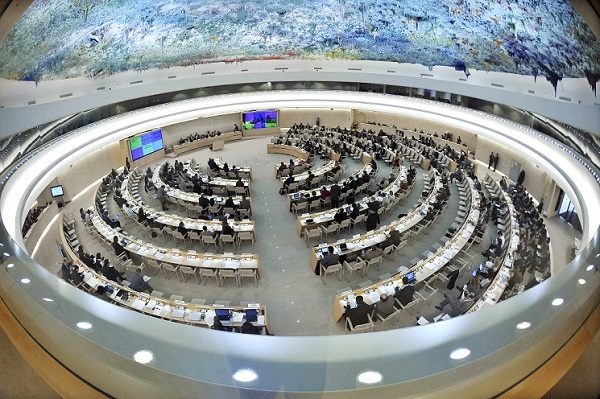Geneva, (Asian independent) A proliferation of so-called secondary sanctions and over-compliance with unilateral sanction regimes are leading to serious adverse effects on the human rights of millions of people around the world, a UN expert warned.
Alena Douhan, UN special rapporteur on the negative impact of unilateral coercive measures on the enjoyment of human rights, said that “secondary sanctions” are intended to prevent third parties, like states, commercial entities or individuals, from trading with countries that are subject to sanctions issued by another country.
“Today, the world faces a proliferation of secondary sanctions, applied extraterritorially to states, entities or individuals for their presumed cooperation or association with sanctioned parties,” she added as she presented her thematic report to the 51st session of the UN Human Rights Council.
She said that secondary sanctions, and the threat of such measures, were being used to enforce unilateral sanctions against states and key economic sectors, Xinhua news agency reported.
“Overcompliance has become a widespread practice on a global scale, and needs to be recognised as a significant new threat to international law and human rights,” Douhan added.
She urged states to eliminate or minimise overcompliance with unilateral sanctions through legislation, regulation, and financial or other incentives.
She also urged businesses and financial institutions to adopt a rights-based approach in their application of due diligence procedures and establish mechanisms to monitor the impact of compliance and overcompliance with unilateral sanctions regimes on human rights.








